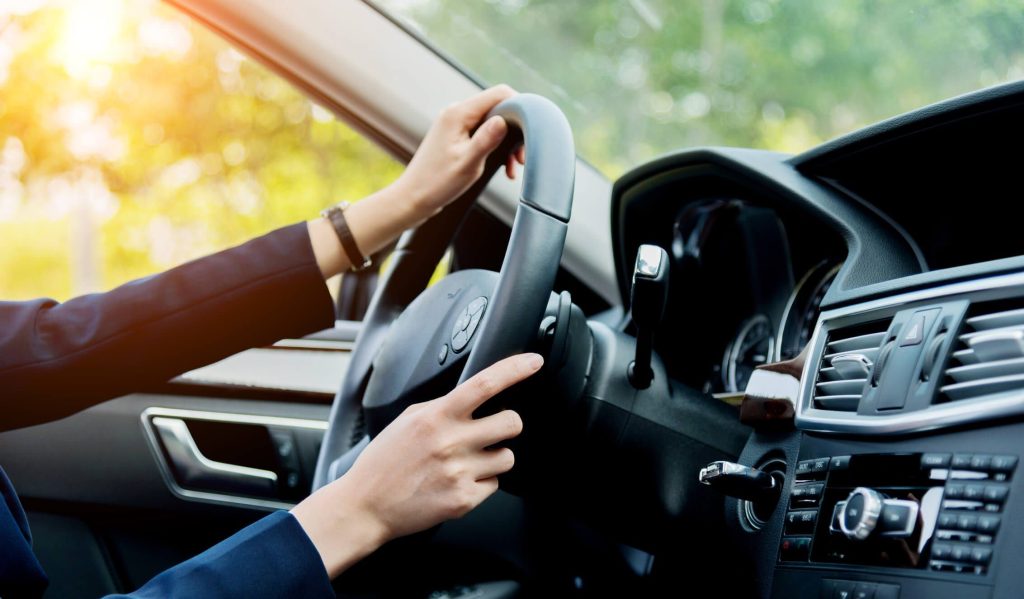There are many theories in the automotive world about the best ways to reduce fuel consumption in cars. One of these popular theories is that driving slowly saves fuel, is this true?
In fact, the answer is not that simple, and in general, driving slowly does not save fuel consumption, as well as driving at high speeds of more than 100 km / h consumes a greater amount of fuel, and the correct thing is that there are certain speeds that are considered the best in terms of fuel consumption.
There is also another important factor that greatly affects fuel consumption while driving, which is the number of engine revolutions per minute (RPM), as hard pressure on the accelerator pedal raises the number of engine revolutions high, which causes a large amount of fuel to be pumped even at slow speeds. .
The ideal rate of acceleration is an increase of 20 km / h every 5 seconds, meaning that acceleration gradually is better than sudden acceleration.
As sudden acceleration burns a lot of fuel, for example, switching between 75 km/h and 85 km/h within 15 seconds increases fuel consumption by 20%.
While driving at 100 km/h instead of 120 km/h (i.e. a lower RPM) reduces fuel consumption by 20%.
Therefore, car experts advise to prefer the use of cruise control on the highways, as stability at highway speeds provides the highest level of fuel efficiency.
Thus, we see that the main factor in maintaining proper fuel consumption is the number of engine revolutions (RPM). If you are driving at a slow speed and the number of engine revolutions is high, it causes increased fuel consumption, and not the speed of the car, which increases fuel consumption.

Close










